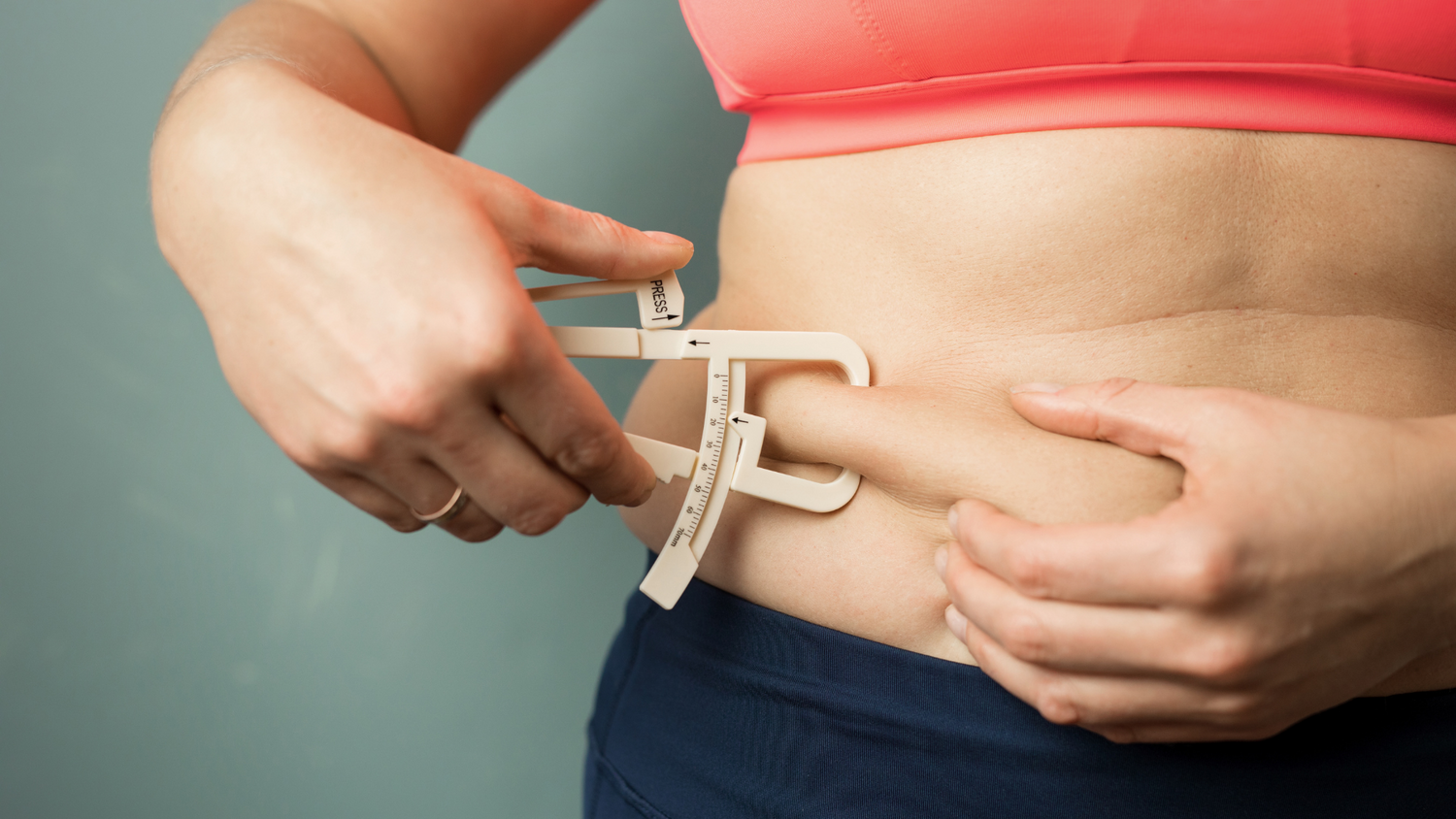Bloating is an all-too-familiar sensation for many women, accompanying them at various stages in life, from monthly cycles to post-meal fullness. But what sets the bloating experienced during perimenopause apart from these other times? As it turns out, the transitional phase of perimenopause introduces its own unique factors that can intensify this feeling. Let’s explore the reasons behind it and, more importantly, how to effectively manage it.
Why Bloating Occurs During Perimenopause
- Hormonal Fluctuations: The primary reason for bloating during perimenopause is hormonal changes. As a woman nears menopause, her ovaries produce less oestrogen and progesterone. These hormonal fluctuations can affect the balance of fluids in the body, leading to retention of water and subsequent bloating.
- Digestive Issues: Progesterone, one of the primary hormones that see a decline during perimenopause, can slow down the digestive process when at high levels. This slowing can lead to constipation and gas, both of which can contribute to a bloated feeling.
- Dietary Choices: As women age, they might also experience a decrease in their metabolic rate. Combined with hormonal shifts, certain foods can exacerbate bloating. Foods rich in salt or carbohydrates, for instance, can cause the body to retain more water.
- Weight Gain: Many women experience weight gain during perimenopause, primarily due to a decrease in metabolism and changes in hormone levels. This added weight, especially around the abdominal area, can lead to a feeling of bloatedness.
Managing Bloating During Perimenopause
- Dietary Changes:
- Limit Salt Intake: Reducing the amount of salt in one's diet can help in reducing water retention.
- Consume Fibre-Rich Foods: Eating foods rich in fibre, like fruits, vegetables, and whole grains, can alleviate constipation and improve overall digestive health.
- Limit Carbonated Drinks: These can introduce gas into the digestive system, exacerbating bloating.
- Stay Hydrated: Drinking plenty of water can help to flush out excess sodium from the body and reduce water retention. It also aids in digestion, potentially reducing constipation.
- Regular Exercise: Engaging in regular physical activity can help boost metabolism, promote digestion, and reduce the effects of bloating. Activities such as walking, swimming, or yoga can be particularly beneficial.
- Herbs for Bloating: Several herbs have shown promise in addressing bloating:
- Peppermint: Effective in alleviating IBS symptoms.
- Fennel: Helps expel intestinal gas.
- Ginger: Aids digestion and relieves gas.
- Chamomile: Beneficial for digestive issues.
- Turmeric: Studied for its digestive benefits.
- Caraway: Useful for functional dyspepsia or IBS.
- Artichoke Leaf Extract: Can reduce IBS symptoms.
- Lemon Balm: Traditionally used for digestive symptoms.
It's essential to consult with a healthcare provider before starting any herbal remedies, especially for those on medications.
- Manage Stress: Stress can aggravate digestive issues and lead to bloating. Techniques like meditation, deep breathing exercises, and regular relaxation can help in managing stress.
- Consultation: It's always a good idea to consult with a healthcare professional if bloating becomes a persistent issue. They can provide guidance tailored to individual needs and rule out other potential causes.





